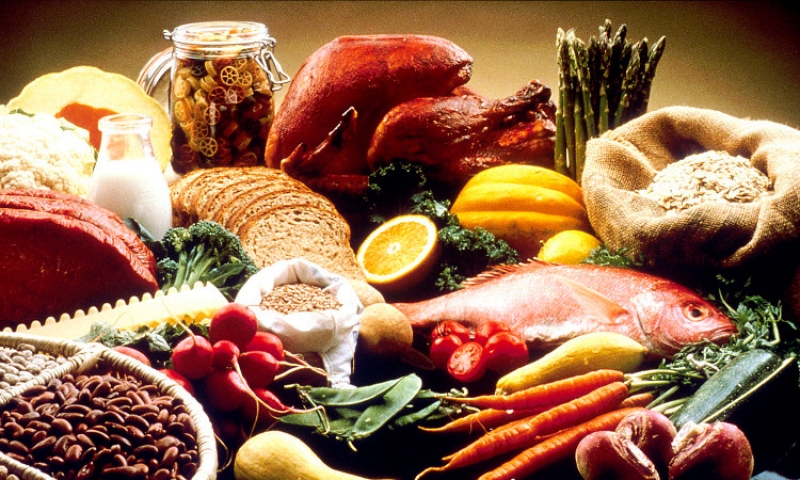As the result of such exaggerations many false facts become popular.
The first false thought is that each reaction after meals is a sign of the allergy.
It's simply impossible! Children often suffer from such reactions, but they aren't obligatory allergies. Little kids may have many other conditions related to products and ration, like for example, problems with lactose, the or when food isn't digested properly.
Another fact is that just some products lead to the allergy.
This one is true while not each product in the menu leads to food allergic reaction (though babies and kids may react to plenty of different products: fruit, milk, eggs, chocolate, fish or vegs).
Children cannot outgrow this condition.
Sure, it's connected with many factors and among them the source of allergy. Many children get rid of some food allergies connected with fruits, for instance (even strawberry allergy). But in such cases it's better to avoid the allergens for some years after the allergy has been outgrown. But such foods as sea-products and fish may cause allergic reactions not only in the childhood.
Kids very often are allergic to the peanuts.
No! Most often we meet cases of milk allergy among babies and children. But as for the nuts allergy it is the most dangerous while it can lead to anaphylactic reaction.
Special allergy tests may easily define the source of allergy.
Unfortunately this statement is false. Though, nowadays there are a lot of different tests and abilities to explore all the details, it is still difficult to say if the kid has or has not a certain allergy. Now specialists check it on the basis of antibody levels, depending if it is low or high. So, doctors usually need all the facts: when the allergy started, when the rushes happen and how it is expressed. For this reason allergies are really difficult to define, but more easy to prevent. So, the worst thing here is to make a wrong interpretation, or to think that your kid is allergic to all of the products.
